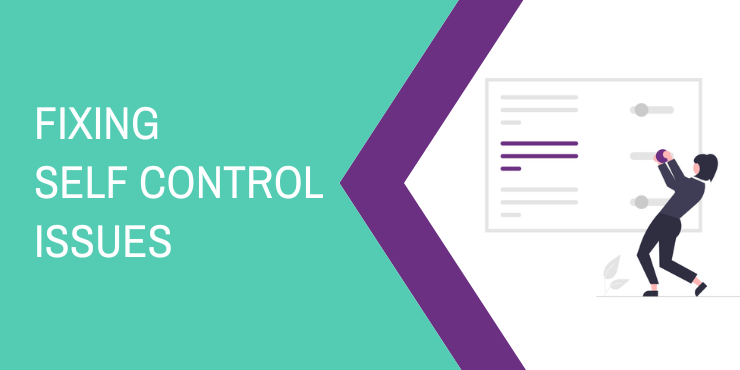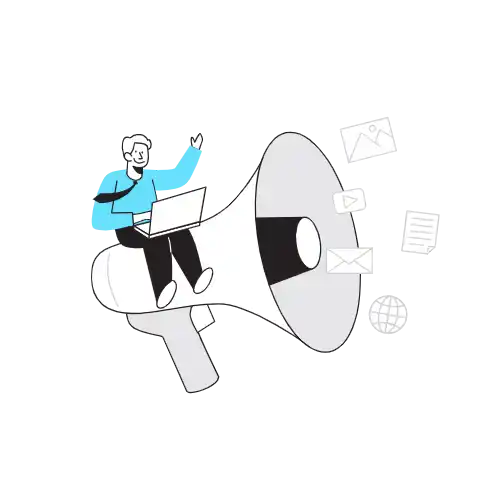There is a strong way to start reading a book. Likewise, there exists a strong way to finish a non-academic book.
The reading process doesn’t end at the last page of a book. One way I know this is by the feeling I get to take certain actions — usually after reading a good book. Whenever I ignore these feelings, I experience situations where I am unable to make connections with ideas from the book or atleast, remember basic themes.
I reckon this to be a result of my refusal to allow enough book processing and engagement time that create lasting impressions.
In this post, we list out several post reading activities so you have a chance to do more with what you acquire from books. Or at bare minimum, better utilize the power of knowledge in books.
What to do after reading a book.

What should I do after reading a book?
Intuitively, you know there is a more comprehensive answer than “Go read another one”.
You are 100% correct. It isn’t the best reading practice to jump from one self-help book to another immediately after reading the last page of interest.
You should spend some time engaging with what you have learned. The idea is to have a personal experience (feelings and activities) around what stood out to you.
Post Reading Activities for Non-Academic Books.
Here are some activities to do after reading a book to build consistency and momentum:
- #1. Reflection: Take a moment to reflect on what you read.
- #2. Book Review: Write a book review.
- #3. Discussion: Discuss with peers:
- #4: Research: Learn about the author and context.
- #5. Comparison: Compare with other books.
- #6. Application: Apply lessons or ideas to your life.
- #7. Exploration: Read reviews.
- #8: Recommend the book.
#1. Reflection: Take a moment to reflect on what you read.
After finishing the book, take some time to pause and reflect on your reading experience. Consider the overall message of the book, the main themes, how it made you feel and your thoughts about it.
Some post-reading questions are;
What was my expectation when choosing to read this book? Was it met?
On a scale of 1-10, how was my experience?
Off the top of my head, what are 3 takeaways from this book?
What’s an idea or quote that resonated deeply within me? Why?
What’s one lesson from this book I would practice this week?
#2. Book Review: Write a book review.
Writing a book review can help verbalize your opinions about the book and organize different ideas into a coherent message.
Take 20-30 minutes to draft out a review.
P.S: It doesn’t have to be overly technical and critical. It just has to capture your “2 cents” about the book offering another perspective as reader.
You can take it a step further by sharing your review on your personal social media account, or community-based book websites.
Want your book review featured on Chieflings.com, head over to our contact page and shoot us an email.
#3. Discussion: Discuss with peers:
Engage in conversations with other people who have read the book. Join book clubs and other online communities that connect you with individuals who share similar interests.
Sharing perspectives and receiving others’ insights can truly deepen your understanding of the book and produce even more deeper insights.
#4: Research: Learn about the author and context.
Dive deeper into the author’s background, their previous works, and the historical and cultural context in which the book was written. This information can provide important context and enhance your understanding of the book.
#5. Comparison: Compare with other books.
This is advised if the book you read is part of a series or a similar genre, consider comparing it with other books you’ve read to see what differences and similarities. This can help you draw connections and identify patterns especially if you are interested in writing.
#6. Application: Apply lessons or ideas to your life.
Reflect on how the book’s themes or lessons can be applied to your life. Practice what you have learned in the book and make sure it is relatable.
This post reading activity should be based on the ideas gotten from reflection in activity #1.

#7. Exploration: Read reviews.
Look for professional reviews or literary analyses of the book, especially educational books. This can provide different perspectives and shed light on elements you might have missed while you were reading it.
A good place to start is our collection of book summaries related to self-leadership.
#8: Recommend the book.
If you enjoyed the book, consider recommending it to others who might appreciate it. It could be the reason someone is equipped to achieve a particular goal or desire.
Sharing good reads can spread the joy of reading it too. This allows you to fully appreciate the book you’ve just finished.
Final word on Post Reading Activities.
Remember that reading is a unique experience for different individuals. You are at liberty to choose what post reading activities to execute based on your preferences, interests, and schedule. The key is to engage with the material and derive meaning from the books you read.









